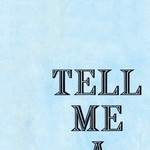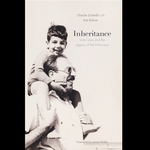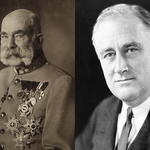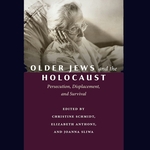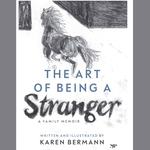The Family Oppenheim: A Banned Anti-Nazi Film Rediscovered
US Premiere
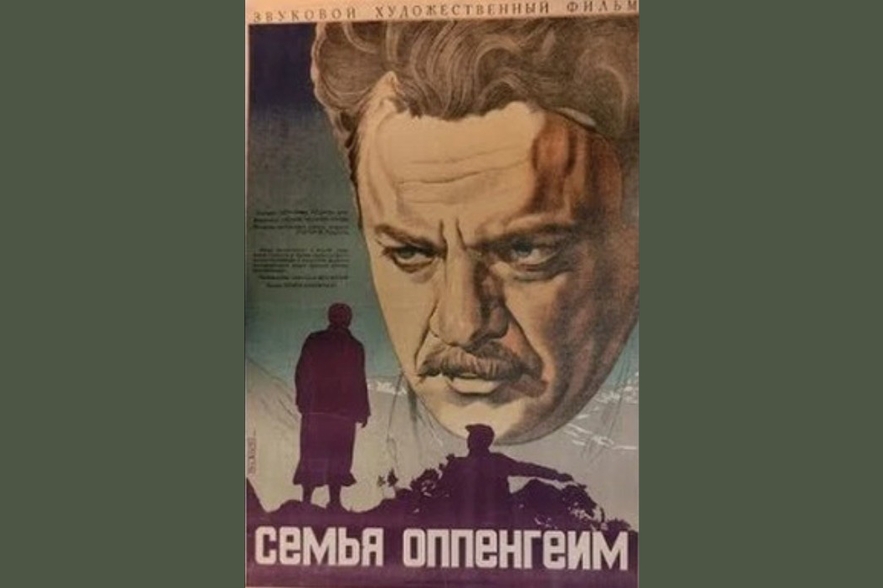
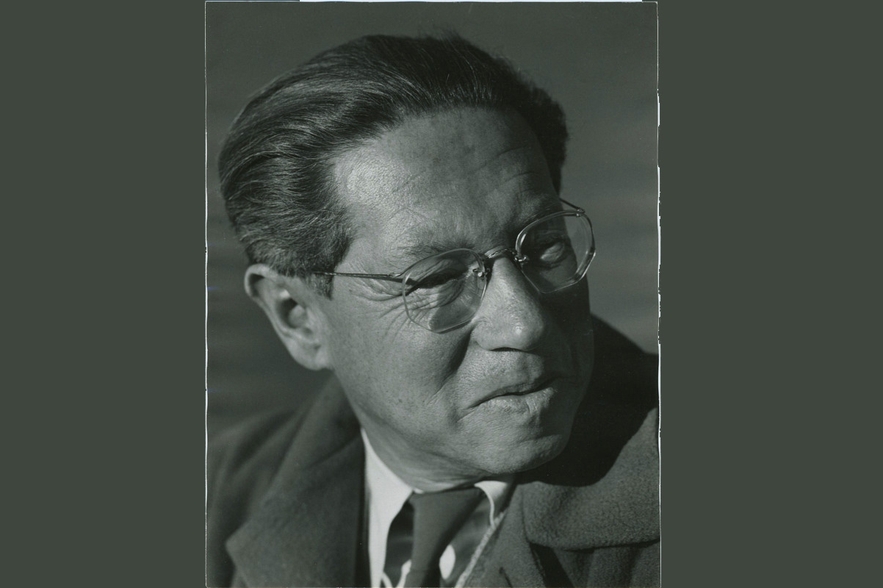
- Date/Time
- –
- Venue
- Center for Jewish History (map)
15 W. 16th St.
New York, NY 10011 - Format
- In person
- Admissions
- General: Free
Join us for the long-lost US premiere of The Family Oppenheim (Semya Oppengeym) (1938) – a powerful Soviet-made anti-Nazi film written by acclaimed German-Jewish novelist Lion Feuchtwanger (The Oppermanns) in collaboration with visionary Soviet Jewish filmmakers Grigorii and Serafima Roshal.
Conceived in exile, censored in Britain, and banned in the United States, The Family Oppenheim, based on Feuchtwanger’s 1933 novel, stands as one of the earliest cinematic warnings against Hitler’s rise to power and fascism’s brutal reshaping of Germany. Premiering internationally in the spring of 1939 but soon banned and forgotten for nearly nine decades, the film now returns to US screens – newly restored, translated, and subtitled through a remarkable student-led research project at the University of Oregon led by Miriam Chorley-Schulz. Experience a rediscovered masterpiece once banned by American censors – a work of resistance, vision, and urgency that still echoes powerfully today.
Accompanying the screening, join Miriam Chorley-Schulz (University of Oregon) and Rossen Djagalov (NYU) for an illuminating conversation tracing the film’s extraordinary journey from its complex conception to its celebrated 1938 Moscow premiere to decades of suppression, and finally, to its revival today.
About the Speakers:
Miriam Chorley-Schulz is Assistant Professor and Mokin Fellow of Holocaust Studies at the University of Oregon. Her work explores German Jewish and Yiddish diasporic histories, cultures, and thought; Jewish left-wing and internationalist traditions; Jewish resistance to fascism; and the intertwined histories and theories of racism, antisemitism, and genocide. She is particularly interested in the lives and legacies of self-identified Jewish antifascists from the 1920s through the Cold War – among them, a figure to whom she often returns: Lion Feuchtwanger.
Chorley-Schulz is the author of numerous publications, including her award-winning first monograph, Der Beginn des Untergangs: Die Zerstörung der jüdischen Gemeinden in Polen und das Vermächtnis des Wilnaer Komitees (Berlin: Metropol, 2016), recipient of both the Hosenfeld/Szpilman Memorial Award and a Special Mention of the Scientific Award of the Ambassador of the Republic of Poland in Germany. She is also co-founder of the EU-funded project We Refugees. Digital Archive on Refugeedom, Past and Present, which documents global histories of displacement and refugeedom – with Feuchtwanger serving as one of its key historical interlocutors.
Rossen Djagalov is Associate Professor of Russian and Slavic Studies at New York University. His work focuses on the intersections of culture and Marxism, Soviet and Eastern Bloc internationalism, and the global history of the left.
He is the author of From Internationalism to Postcolonialism: Literature and Cinema between the Second and the Third World (2020), which reconstructs the Soviet roots of postcolonial literature, film, and theory. His current projects include a study of multinational Soviet literature through the Friendship of the Peoples literary magazine and The People’s Republic of Letters: Towards a Media History of Socialist Internationalism, exploring how left-wing movements used media – from novels and theater to song and film – to connect publics worldwide. He is a member of the editorial collective of LeftEast and the provisional committee of the Black Sheep.
